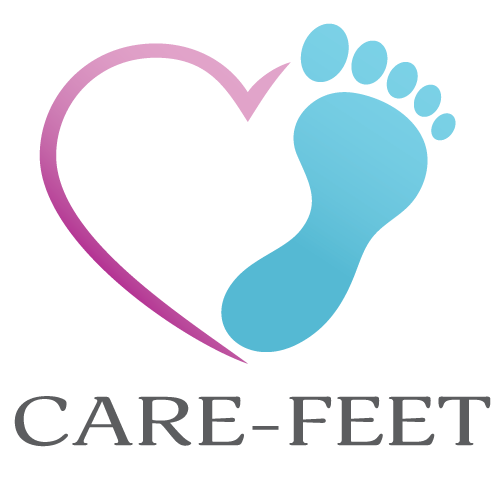What to Expect at a Routine Foot Care Appointment
- kevin herring

- Jul 29, 2024
- 2 min read

A routine foot care appointment at a clinic typically involves a comprehensive evaluation and
care of your feet to maintain their health and address any existing issues. This can include a medical history review, foot examination, skin and nail care, foot hygiene education, specialized care if needed, preventive advice, and a follow-up plan.
Here is a detailed breakdown of what to expect during an Routine Foot Care appointment:
1. Patient History and Assessment
Medical History Review: The clinician will review your medical history, including any chronic conditions like diabetes, peripheral artery disease, or arthritis that could affect your foot health.
Current Foot Concerns: Discussion about any current foot pain, injuries, or specific concerns you may have.
2. Foot Examination
Visual Inspection: Checking for any signs of infection, deformities, skin issues (like calluses, corns, warts, or fungal infections), and nail problems (such as ingrown toenails or fungal infections).
Palpation: Feeling different parts of the foot to identify any areas of tenderness, swelling, or abnormalities.
Range of Motion: Testing the flexibility and movement of the foot and ankle joints.
3. Skin and Nail Care
Nail Trimming: Proper trimming of toenails to prevent ingrown nails and reduce the risk of infections.
Callus and Corn Management: Removing or reducing thickened skin to prevent discomfort and further complications.
Moisturizing: Applying lotion or creams to keep the skin hydrated and prevent cracking.
4. Foot Hygiene Education
Cleaning Techniques: Guidance on how to properly wash and dry your feet to prevent infections.
Self-Inspection Tips: Teaching how to regularly check your feet for any changes or issues.
5. Specialized Care (if needed)
Wound Care: Treating any open sores.
Orthotic Devices: Custom insoles or braces might be recommended to address specific foot problems.
Referral: If more specialized care is required, you may be referred to a podiatrist or other specialist.
6. Preventive Advice
Foot Exercises: Suggesting exercises to strengthen the feet and improve flexibility.
Lifestyle Modifications: Advising on weight management, smoking cessation, and other lifestyle changes to improve foot health.
7. Follow-Up Plan
Scheduling Next Appointment: Depending on your foot health status, setting up regular check-ups to monitor and maintain foot health.
Routine foot care appointments are essential for preventing and managing foot problems, especially for individuals with conditions that increase the risk of foot issues.
Book an appointment at Care-Feet in Chelmsford.

